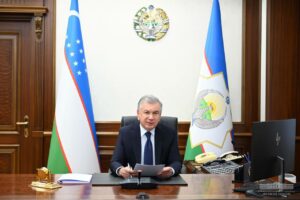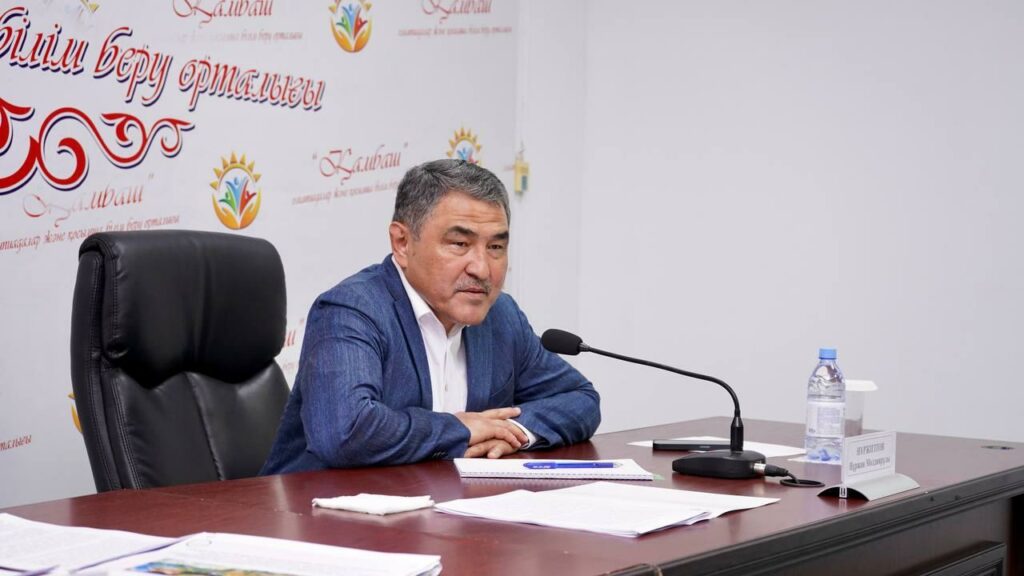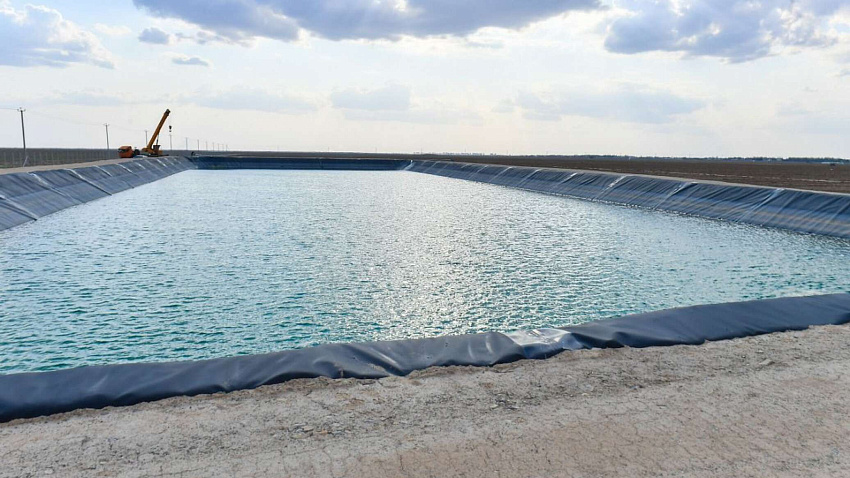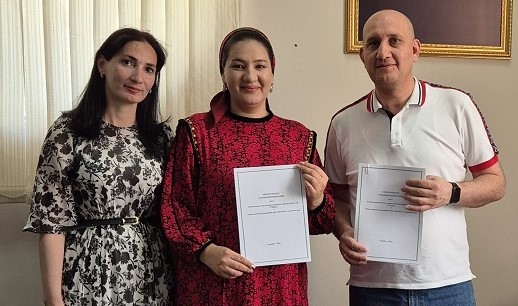President Shavkat Mirziyoyev got acquainted with the presentation on the ongoing work and future plans in the field of ecology and environmental protection.
As you know, from February 12 to 17 of this year, the 14th Conference of the Parties to the UN Convention on the Conservation of Migratory Species of Wild Animals (COP-14) was held in the city of Samarkand. About 2 thousand representatives from more than 130 countries took part in it.
As a result of the event, the Samarkand Strategic Plan for Migratory Species of Wild Animals for 2024-2032 was approved, intended for implementation by the states parties to the Convention. The Global Partnership for Environmental Connectivity (GPEC) initiative was launched.
Uzbekistan was elected president of the said UN convention for 2024-2026. The first office of the International Union for Conservation of Nature (IUCN) in Central Asia opened in Tashkent. An agreement was also reached to open a representative office of the UN Environment Program in Uzbekistan.
An agreement was reached with the World Bank on the implementation of a project to create 6 transboundary protected natural areas in Central Asia. A number of documents were signed between the states of Central Asia and international organizations.
The head of state gave instructions to continue cooperation in this area, develop an action plan for Uzbekistan and new grant projects, as well as organize advanced training for employees in international environmental organizations and the headquarters of the convention.
The presentation also provided information about the project “Restoration of Sustainable Forest Landscapes in Uzbekistan.”
The total cost of the project, implemented with the participation of the Association for International Development, is more than $205 million, implementation is planned for 6 years. These funds will be used to expand the forest area, strengthen the material and technical base of forestry, introduce sustainable management, and develop ecotourism infrastructure.
In particular, an innovative management system and information technology will be introduced into the process of forest restoration and protection. Degraded forest lands will be restored. Cooperation with neighboring countries will be developed to restore landscapes in border areas.
As a result, in particular, it is planned to restore 175 thousand hectares of forests and 38 thousand hectares of pastures, create 19 thousand hectares of agricultural and 5 thousand hectares of industrial forest plantations, and also develop 63 kilometers of ecological trails.

On January 4 of this year, the Decree of the President of the Republic of Uzbekistan “On measures to improve the waste management system and reduce their negative impact on the environmental situation” was adopted. The presentation also provides information about the work being carried out to implement the document.
Every year, our country generates an average of 6.8 million tons of household waste. In recent years, the number of mahallas covered by sanitation services has exceeded 90 percent. However, the level of waste recycling remains low. Currently there are only 313 such enterprises.
The Presidential Decree provides for measures to further stimulate such activities. In particular, from June 1, 2024, the sale of secondary raw materials from household waste will be carried out only through the exchange. Separate collection of waste will be organized and sorted into the categories “recyclable”, “non-recyclable” and “food”. Private partnerships in the field of waste collection and recycling will be developed.
Responsibility measures for throwing waste in unidentified places are being strengthened; the obligation to clean up the place where waste is illegally thrown, as well as to remove it, is determined.
In addition, the presentation discussed the optimization of household waste landfills and the creation of enterprises for the production of products from them.
In particular, to attract investment in waste landfills, it is planned to introduce a regime of special economic zones in their buffer zones, as well as the creation of a new system for the production of electricity and organic fertilizers by burning waste. The first pilot project for this new system will be implemented in the Andijan region.
Thus, it is planned to launch projects for the production of 100 thousand tons of organic fertilizers from organic waste through investments of 13 million dollars in investments in the Andijan region and the production of 2 million kilowatt-hours of electricity per year from waste in Asaka. In the future, the Andijan experience will be extended to other regions.
https://president.uz/ru/lists/view/7040



